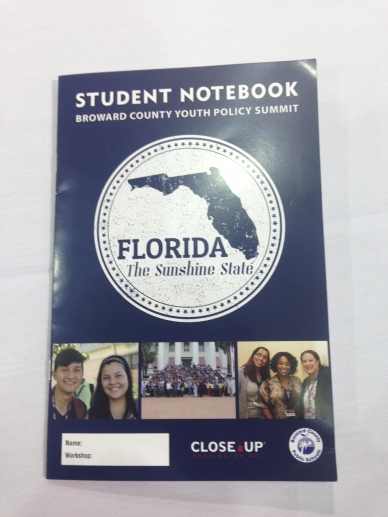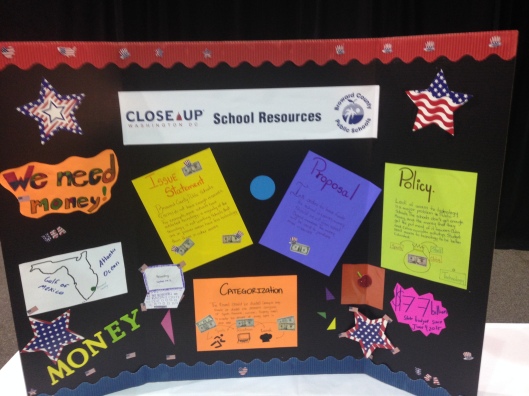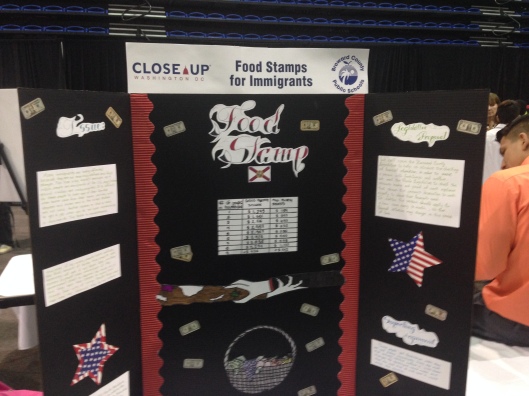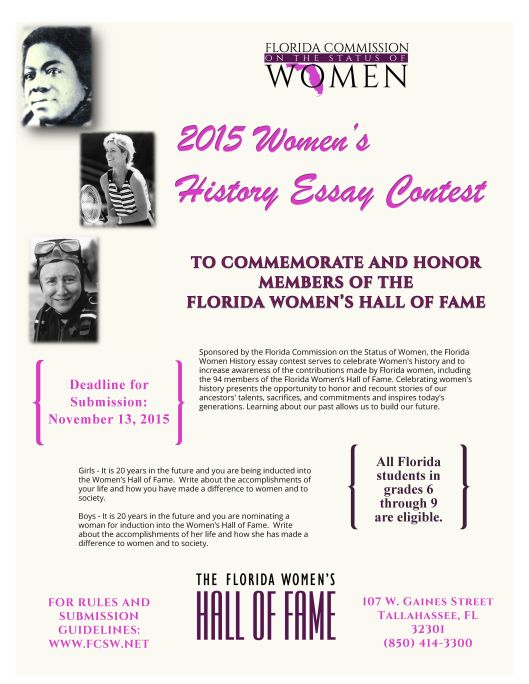So, as you may recall, your intrepid blogger got called for jury duty this week. This was my first time being called in all my years, and I was excited to serve. It was, without a doubt, an interesting day, and it really was a wonderful experience seeing the process in action. That being said, however, there was a significant surprise and slight frustration to me, and I want to discuss what that might mean for our own work in civic education.
Arriving at 8am, I was at the jury location until almost 7:30 at night. What was wonderful to see, in the two jury selection call ups that I ended up in, was that so many of my fellow citizens were so excited to be there. Consistently, I heard from them, as they were interrogated by the prosecution and defense counsel, that they believed it was their civic responsibility. And you know what, that made me incredibly happy to hear! Because, really, isn’t it more than just a responsibility? Shouldn’t we see it as a right? The right to serve our fellow citizens in the most important of tasks: the administration of justice?
I actually made it ‘into the box’ at the end of the day, and it was engaging and interesting in being questioned about my own views on certain elements of justice, decision making, and the Constitution. Unfortunately, it was ultimately decided (after 7pm that night) that they would in fact select NONE of us for the jury. I admit that I was really not surprised at that point, because of something that I observed during the process: most of the folks that sat in that jury box with me did not really grasp the importance of the 5th Amendment. What do I mean by this?
The Fifth Amendment states that “No person shall be held to answer for a capital, or otherwise infamous crime, unless on a presentment or indictment of a Grand Jury, except in cases arising in the land or naval forces, or in the Militia, when in actual service in time of War or public danger; nor shall any person be subject for the same offence to be twice put in jeopardy of life or limb; nor shall be compelled in any criminal case to be a witness against himself, nor be deprived of life, liberty, or property, without due process of law; nor shall private property be taken for public use, without just compensation.”
The most important element of that Fifth Amendment, for this discussion, is this one: nor shall [any person] be compelled in any criminal case to be a witness against himself. Unfortunately, when polled by the opposing counsels, the majority of potential jury members suggested that they would possibly be biased against the defendant if they did not testify. This is an understandable perspective, and a human one, really. We want to hear from those we are making a decision about. Our Constitution, however, expects that we will put aside that desire, that bias, and judge the case on the merits put forward by the prosecution, not the testimony of the defendant. As pointed out during the process, the burden of proof is NOT on the defense. Always, it is on the prosecution, and the defense is under no obligation to smooth the path for them.
To me, this suggests that as civic educators, we may need to overcome what folks have picked up from Law and Order all these years: the idea that the defendant testimony is what will decide guilty or not guilty. We must ensure that our teachers, and our fellow citizens, emphasize and understand the meaning of the Fifth Amendment, and how it protects us all. No citizen should ever be faced with a jury that cannot make a decision, a fair decision, without hearing from the defendant.
There are some good resources for teaching about this most important of amendments out there. Please note that while these are not necessarily aligned with the 7th grade Florida Civics Benchmarks, they remain good resources for instruction. Just, as always, be sure to adapt them to meet your own state standards or benchmarks! Three quality resources are below.
The Five Parts of the Fifth: This, from North Carolina, introduces students to the 5 elements of the Fifth Amendment and engages them in acting out each of the rights therein.
Pleading the Fifth: This, from the Law Related Education folks, is an in depth look at just what this phrase means.
Dickerson V. United States (2000): This lesson, from the Bill of Rights Institute, explores the importance of that right to remain silent.
I would LOVE to hear how you approach the Fifth Amendment with YOUR students! Of course, I also encourage you to check out the resources that we here at the Florida Joint Center for Citizenship have available, gratis!
And oh yes..I cannot wait until the next time I get called to serve! :)


 Each section of the report dives deeper into each of the core competencies. No doubt, there will be some comments raised about the inclusion of ‘social justice’, knowing that that particular term was once removed from standards of the National Council for Accreditation of Teacher Education (now the Council for the Accreditation of Educator Preparation), for good or ill. I do appreciate the emphasis on inquiry, skills, and knowledge as having an equal role in teacher preparation, though the references to C3 could be an issue in states where that program is (unfortunately) not adopted.
Each section of the report dives deeper into each of the core competencies. No doubt, there will be some comments raised about the inclusion of ‘social justice’, knowing that that particular term was once removed from standards of the National Council for Accreditation of Teacher Education (now the Council for the Accreditation of Educator Preparation), for good or ill. I do appreciate the emphasis on inquiry, skills, and knowledge as having an equal role in teacher preparation, though the references to C3 could be an issue in states where that program is (unfortunately) not adopted.












